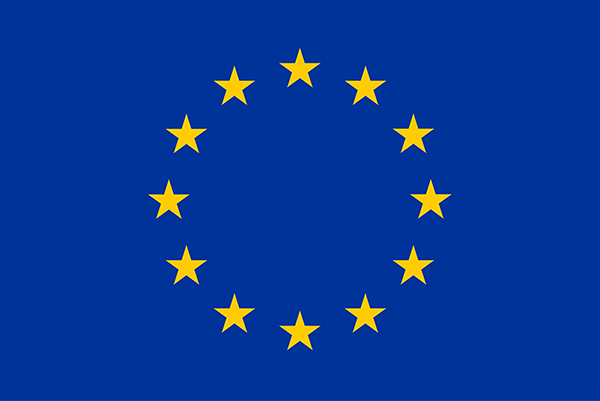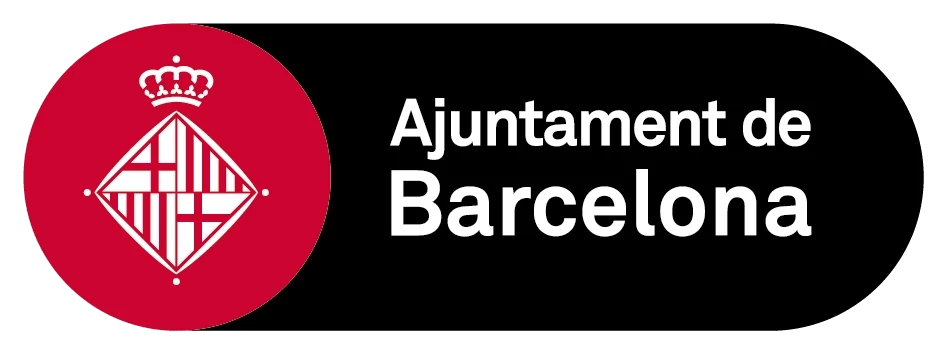Baseline-onderzoek
Intellectuele output 1
What environment do we have for SMILES in Belgium, Spain and The Netherlands?
This study is divided into 3 parts and creates a report on the overall situation of digital media literacy/disinformation/fake news education in three European countries: Belgium, The Netherlands and Spain.
Part 1) COVID-19, fake news and impact on educational systems
First, we look at the impact the current COVID-19 pandemic had on fake news in each country and the needs it creates for digital skills and media literacy education workshops.
Part 2) Digital media education: existing resources and methodologies
Second, we research, review and summarise existing research papers, initiatives, experimentation training in relevant fields that exist at the national level for our target groups (librarians, teachers and pupils aged 12-15). We will, for instance, look at:
- media literacy/digital media/digital educational tools that exist (or not) in the training of teachers and librarians,
- existing national training resources (such as books, videos, MOOCs) for 12-15 years old young people on media literacy/digital media/digital tools/fake news,
- existing national projects and training opportunities which exist for 12-15 years old young people on media literacy/digital media/digital tools/fake news.
Part 3) Assessment instrument
As we aim this output to address tailor-needs, we performed an assessment instrument to better grasp participants expectations, knowledge and skills in the field of fake news/media literacy/digital media/digital tools. The basic instruments that we developed are tested with student at THUAS (aged mostly 18-30 years) and can be modified for different target groups.
Part 1 & 2 are included in each country report, and can be accessed here:
- Country report - The Netherlands
- Country report - Belgium (Flanders)
- Country report - Spain
- Joint report
Part 3 can be accessed here:




Deel: